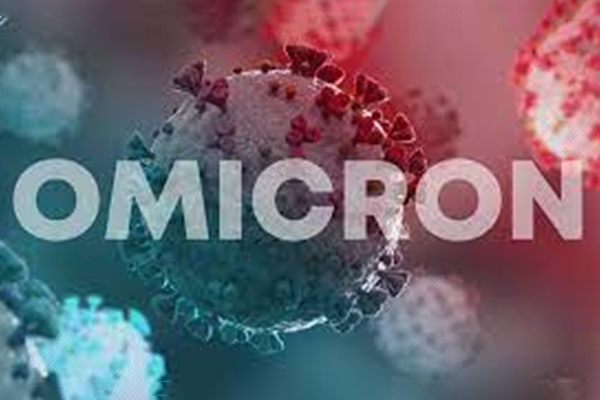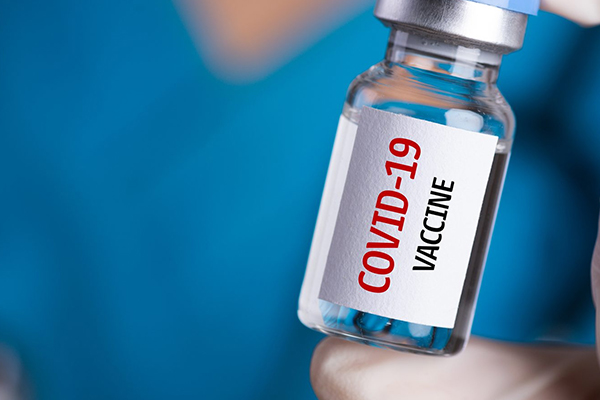Lung Transplant Surgery: Is it Possible, Procedure, Success rate

Treatment Duration
8 Hours
------ To ------10 Hours
Treatment Cost
₹ 2,20,000
------ To ------₹ 2,50,000

Table of Contents
- Anatomy and Physiology of the Lungs
- Conditions treated with Lung Transplant
- Who needs Lung Transplant?
- How is Lung Transplant performed?
- What to expect before and during the day of the Lung Transplant Surgery?
- What to expect after the Lung Transplant Surgery?
- When is consultation with the doctor needed?
- Cost of the Surgery
Book Appointment for Lung Transplant Surgery
A Lung Transplant is a surgical intervention in which the diseased lung of the recipient is replaced with the donor’s lung. The patients may undergo transplants of single or both the lungs. It is the treatment of last resort when other invasive and non-invasive methods of treatment are not effective. In some cases, the patient may also undergo a heart transplant along with a lung transplant.
|
Surgery Name |
Lung Transplant |
|
Alternative Name |
Pulmonary Transplantation |
|
Disease Treated |
Failed Lung |
|
Benefits of the Surgery |
Life Saving, Longer Life span, Increased Quality of Life |
|
Treated By |
Pulmonologist |
You can check Lung Transplant Surgery Cost here.
Anatomy and Physiology of the Lungs
- Lungs are organs filled with air and present on both sides of the chest.
- These organs are made of spongy tissues. It is a part of the respiratory system.
- The other parts include the trachea, which transfers the air into the lungs.
- The lung is divided into five lobes. Three lobes are on the right, while two are on the left.
- The function of the lungs is to facilitate the exchange of gases from the blood.
- The lungs assist in the transfer of oxygen to the cellular level through which the energy is produced. The respiratory system helps in the exchange of gases.
Lung Transplant Surgery Videos by HexaHealth
Expert Doctors (10)
NABH Accredited Hospitals (10)


Conditions treated with Lung Transplant
The primary function of the lungs is to breathe, and it is also an important site for the exchange of gas in the blood. Therefore, if the lungs are unhealthy or damaged, it can be difficult for our body to receive the needed oxygen to survive.
Who needs Lung Transplant?
People fulfilling the following criteria are eligible for undergoing lung transplant:
- The person suffering from serious lung disease for which the only treatment option is a lung transplant
- Should not be an active smoker
- Should not have end-stage renal disease and bone marrow dysfunction
- Should not be suffering from severe systemic or localized infection and HIV
- Should not have cancer.
How is Lung Transplant performed?
- The anesthesiologist administers general anaesthesia. You will fall asleep due to anaesthesia and will not feel any pain during the procedure.
- The dose and selection of a class of general anaesthesia depend upon the planned surgical approach, status of the lungs of the patient, and urgency of the surgery.
- After that, a central venous catheter is inserted into the veins of either the neck or the groin of the patient. It is used to directly deliver antibiotics, fluids, and blood products into your blood. It decreases the need for repeated needle penetration.
- A tube is placed in the mouth of the patient up to the trachea and windpipe. It helps in breathing. The ventilator is attached to the tube, which allows mechanical expansion of the lungs.
- After that, a heart-lung bypass machine is attached to the patient. It allows surgeons to bypass blood flow to the heart and lungs. This machine pumps the blood and exchanges carbon dioxide in the body tissues with oxygen.
- Then a nasogastric tube is inserted through the nose of the patient into the stomach to drain the secretions of the stomach.
- A tube that is known as a catheter is inserted into the bladder. It is used to drain the urine from the bladder.
- The doctor makes an incision in your chest. Then the surgeon removes the lung of the patient carefully and replaces it with the new and healthy lung of the donor.
- Then your heart is connected to the transplanted lungs, and your chest is then closed.
What to expect before and during the day of the Lung Transplant Surgery?
Before the Lung Transplant Surgery
- After examining and recommending a lung transplant, the doctor refers the patient to the nearest transplant centre.
- At the transplant centre, doctors and other staff require detailed information from the patient.
- In addition to the laboratory tests, imaging reports, and other disease-related information, family background, psychology, and financial situation are also checked.
- In most cases, doctors would not recommend a transplant if you suffer from severe and life-threatening conditions like severe liver, kidney, heart disease, and cancer.
- The doctor will ask the patient to quit smoking several days before surgery.
On the day of the Lung Transplant Surgery
- Once you visit the hospital, you may need to wait while your caretaker completes the general formalities.
- You will have to undergo several tests, such as lung function test, bone mineral density test, cardiac stress test, X-ray and CT scan of the chest, kidney function test, and liver function test.
- The transplant procedure can be halted if the donor's lung is not healthy. Your family member can be with you until you are taken to the operation room.
- Before you go to the operation room, you will be asked to change your clothes and wear a hospital gown. The staff may ask you to empty your bladder and remove your dentures, eyeglass, jewellery, nail polish, and hairpins.
During the Lung Transplant Surgery
- The transplantation procedure is carried out under general anaesthesia to avoid any pain or discomfort during surgery.
- There will be a tube inserted through the mouth of the patient that eases breathing.
- The patient is connected to the heart-lung bypass machine. It circulates the blood during the whole procedure.
- The patient is also connected to an ECG machine that monitors the patient's heartbeat during the transplantation procedure.
What to expect after the Lung Transplant Surgery?
After the Lung Transplant Surgery
- The patient may stay for several days in the ICU. A tube is inserted in the vein to inject the medicine to reduce pain and rejection. There will be a ventilator attached to help you breathe.
- As the condition improves, ventilators will be removed, and the patient may be shifted out from ICU to the general ward.
- After the patient is discharged from the hospital, he would be under regular monitoring by a team of doctors. Some of the common complications that a patient may face are graft rejection, more often, acute graft rejection.
- Acute rejection of transplants is still a huge problem. It can occur even after a high dose of immunosuppressant. It is relatively common in the first year of the transplant.
- You should expect to make some long-term adjustments after transplantation, such as seeking emotional support, taking medications strictly as scheduled, physical therapies, lifelong care plans, taking immunosuppressants and living a healthy lifestyle.
First follow-up Appointment
- The patient should ensure to receive proper medical care after the transplant. Your follow-up appointments play an essential role in recovery. A doctor may perform lung and heart function tests to ensure the appropriate functioning of the transplant.
- The lung transplant care unit and the doctor work together to manage the immunosuppressant medications and other vital laboratory tests.
- If you feel any discomfort related to the transplant, you should inform the doctor. The doctor may also recommend physical therapy and rehabilitation exercise.
When is consultation with the doctor needed?
You should immediately consult a doctor if you experience any following signs and symptoms:
- Unusual insomnia, feeling or appearing confused to those around them.
- Difficulty waking up, indicating high carbon dioxide levels – seek immediate medical attention.
- Producing more sputum than usual.
- Symptoms become more severe within some hours.
- Lower than usual oxygen levels according to the pulse oximeter measurer
- If you have fever and swelling or pus formation at the incision site.
Cost of the Surgery
The cost of Lung Transplant Surgery ranges from ₹22,00,000 to ₹25,00,000. The cost varies based on the following factors:
- Type of Lung Transplant Surgery
- Age of the patient
- The medical condition of the patient
- The type of hospital facility availed - individual room or shared.
| Procedure Name | Cost Value |
| Lung Transplant Surgery | ₹22,00,000 to ₹25,00,000 |
Frequently Asked Questions (FAQ)
What are some Myths and Facts about Lung Transplant?
- Myth: Double-lung transplant (bilateral transplant) is risky surgery, especially in the elderly.
Fact: It is not always true. The bilateral transplant improves outcomes in severely ill patients. Further, the pair of lungs is already in harmony with each other. - Myth: Lung transplant is an experimental surgical intervention in lung damage.
Fact: Lung transplant is considered a standard treatment option in severe lung diseases, where non-invasive and other surgeries are ineffective. Over 32000 lung transplant surgeries have been performed worldwide.
Last Updated on: 26 November 2022
Author
HexaHealth Care Team
HexaHealth Care Team brings you medical content covering many important conditions, procedures falling under different medical specialities. The content published is thoroughly reviewed by our panel of qualified doctors for its accuracy and relevance.
Book Appointment for Lung Transplant Surgery
Latest Health Articles
Other Treatments in Your City





































